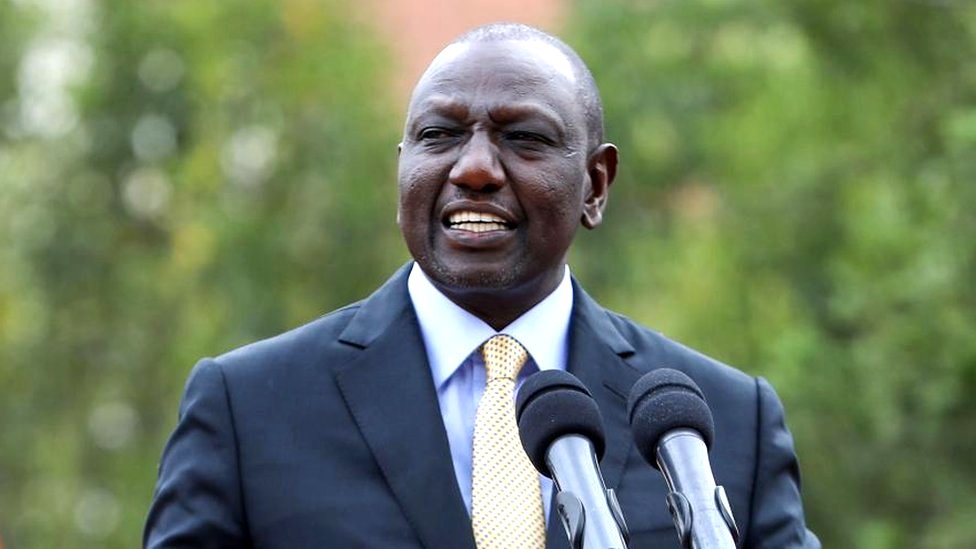President William Ruto has signed into law the Kenya Roads (Amendment) (No. 2) Bill, 2025, and the Gambling Control Bill, 2023, marking significant reforms in both infrastructure governance and the regulation of the gambling sector.
The Gambling Control Act introduces a comprehensive legal framework to oversee betting, casinos, lotteries, prize competitions, and promotional gaming activities. It establishes the Gambling Regulatory Authority of Kenya, which will be responsible for licensing, monitoring, and enforcing safe gambling practices. The law places strong emphasis on promoting responsible gaming, a response to growing concerns over problem gambling and its social impacts.
A key provision recognizes gambling as a shared function between the national and county governments, allowing both levels to have concurrent regulatory roles. This arrangement is intended to improve oversight, address regional concerns, and ensure uniform standards across the country.
The new law also seeks to regulate media promotions linked to gambling, tightening rules on advertising and consumer protection. Proponents argue it will enhance transparency, curb illegal operations, and generate more accountable revenue streams for both the national and county administrations.
Meanwhile, the Kenya Roads (Amendment) Bill aligns the governance of key roads agencies with the Mwongozo Code of Governance for State Corporations. The legislation standardizes the term of office for Directors-General of the Kenya Rural Roads Authority (KeRRA), Kenya Urban Roads Authority (KURA), Kenya National Highways Authority (KeNHA), and the Kenya Roads Board.
Under the revised framework, CEOs and equivalent positions in these state corporations will serve three-year terms, renewable once. The move is aimed at boosting performance, enhancing accountability, and ensuring leadership renewal in line with best governance practices.
According to the Bill, aligning the leadership terms with Mwongozo is expected to foster better planning, efficiency, and transparency in road management. It also mirrors governance standards across other state corporations, ensuring consistency in public sector leadership structures.
By assenting to these two pieces of legislation, President Ruto has reinforced his administration’s focus on institutional reforms, balancing economic development with stronger regulatory oversight in both infrastructure and high-revenue sectors like gambling.

